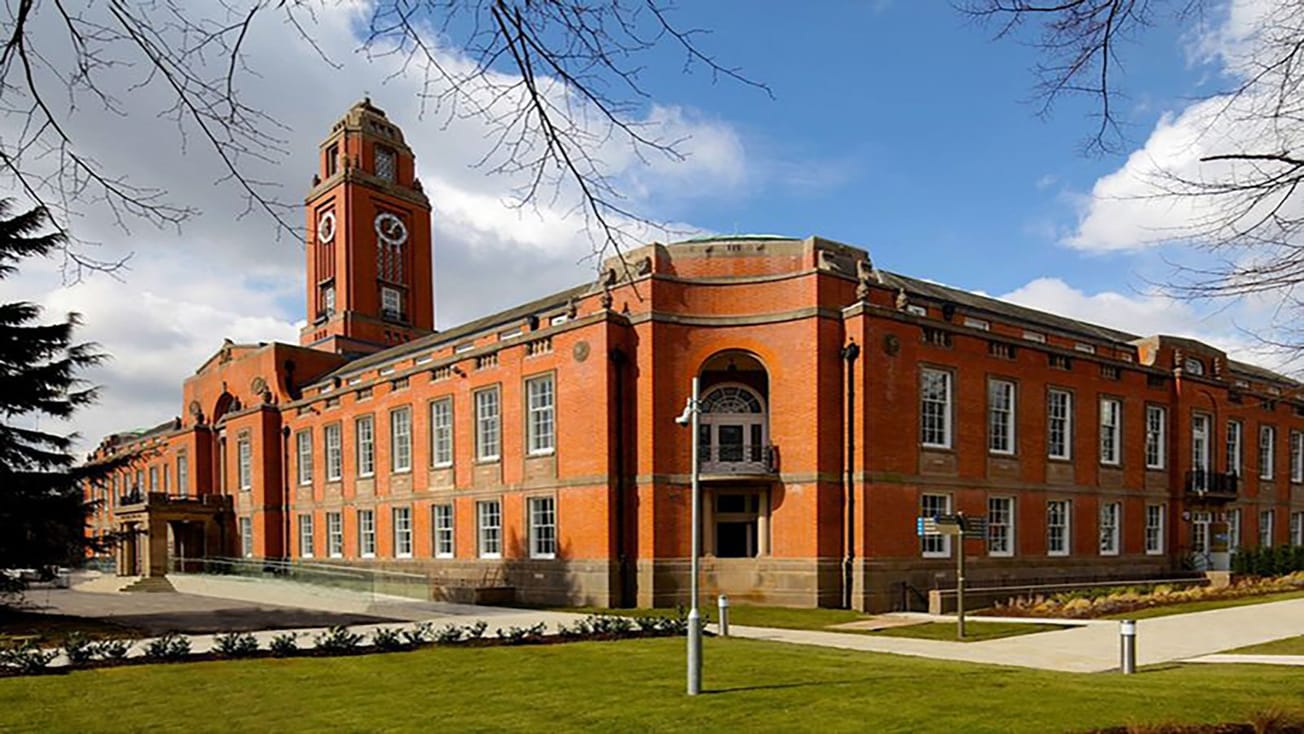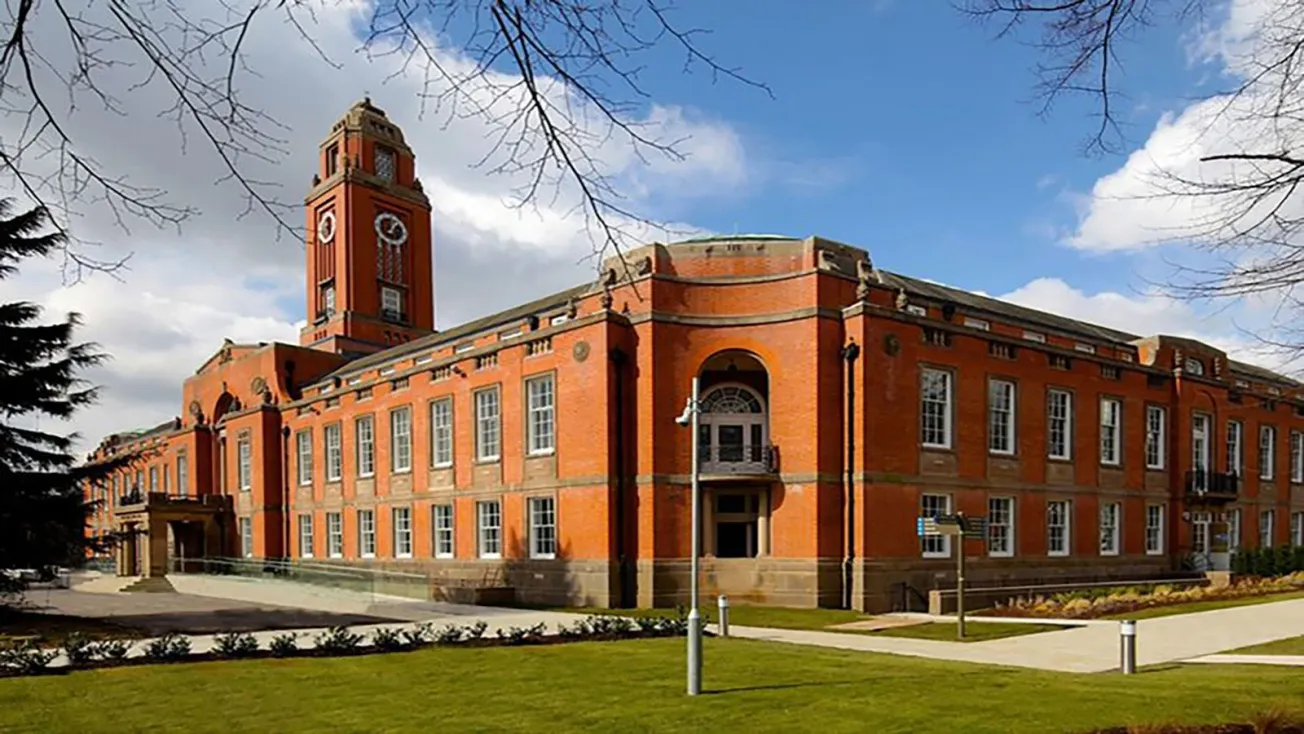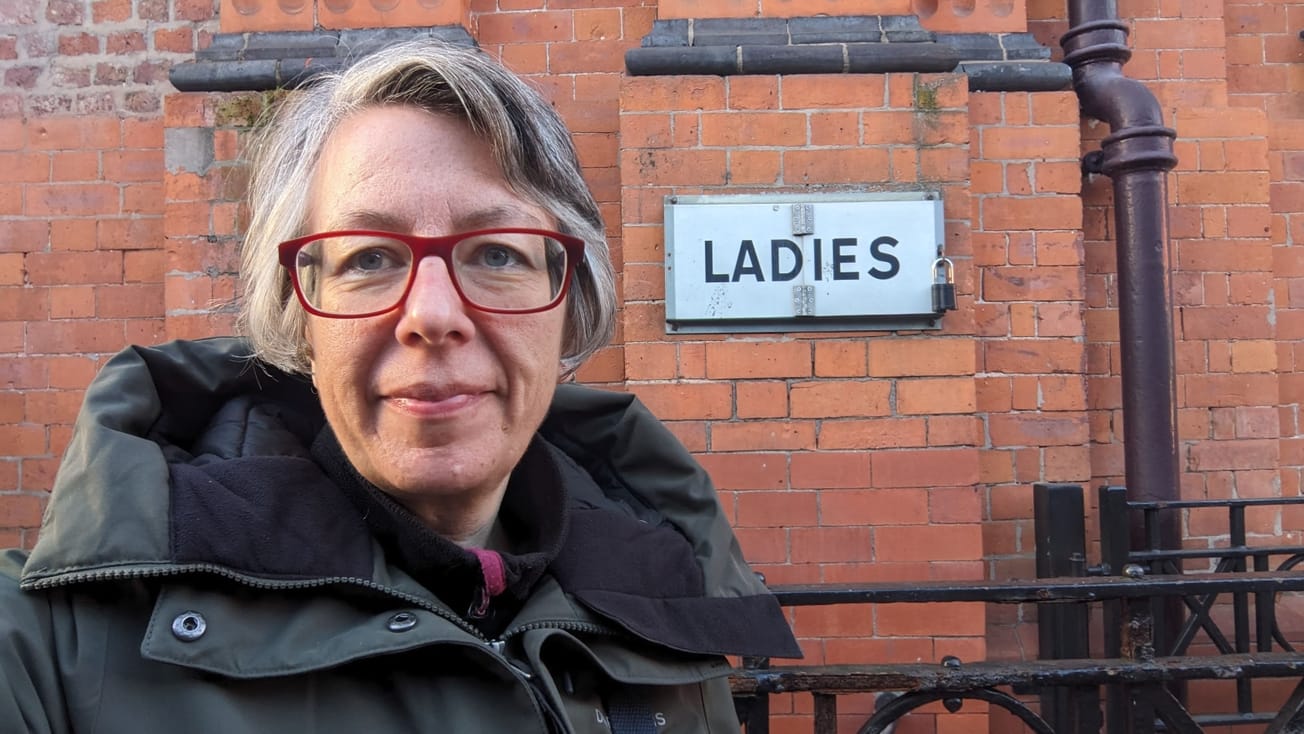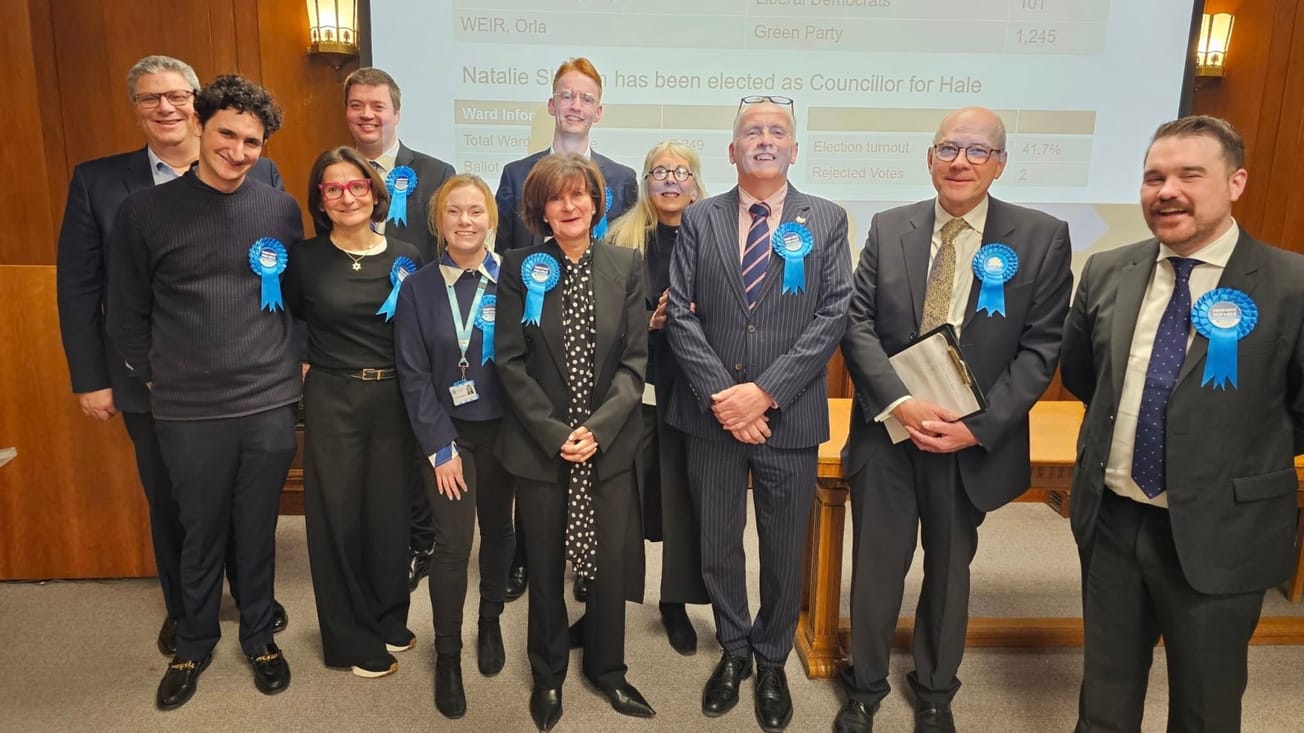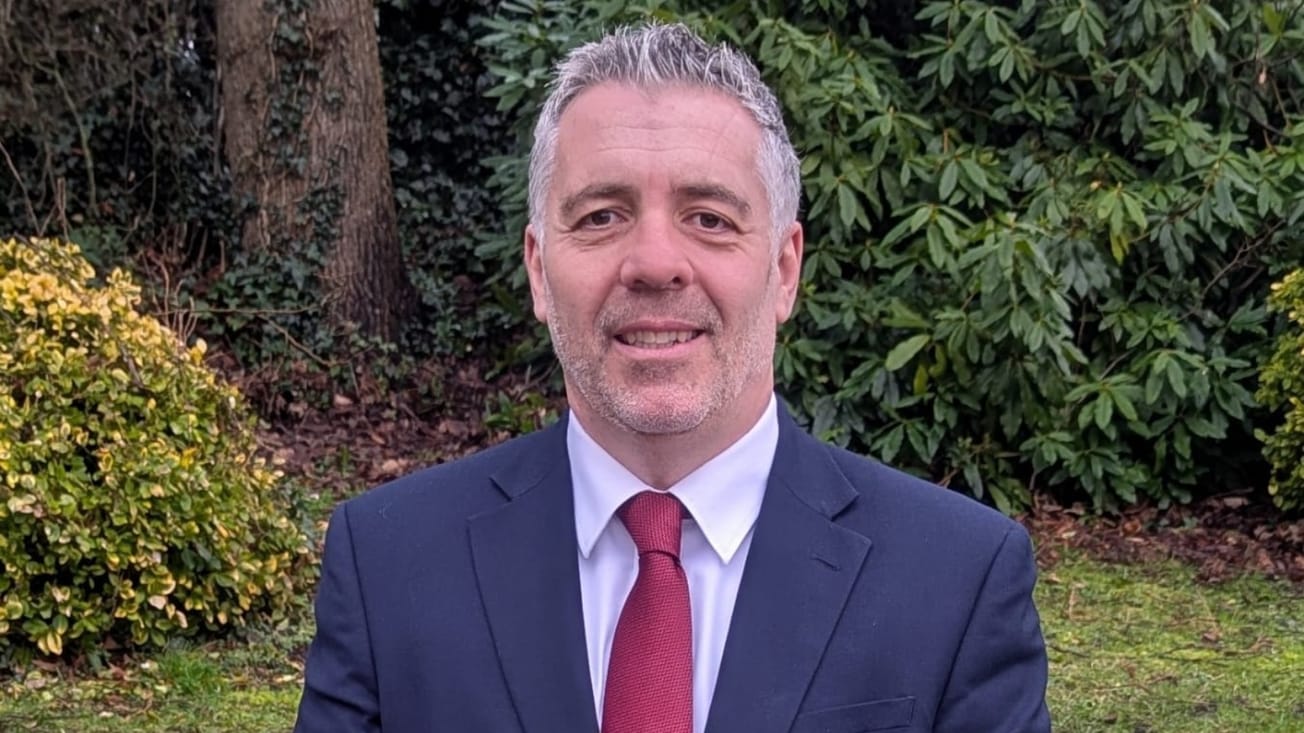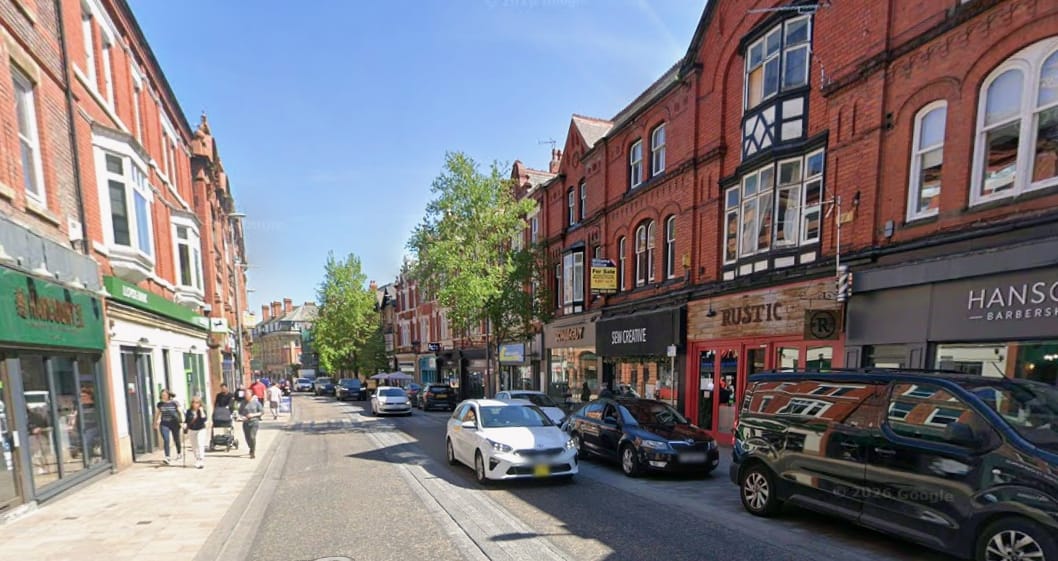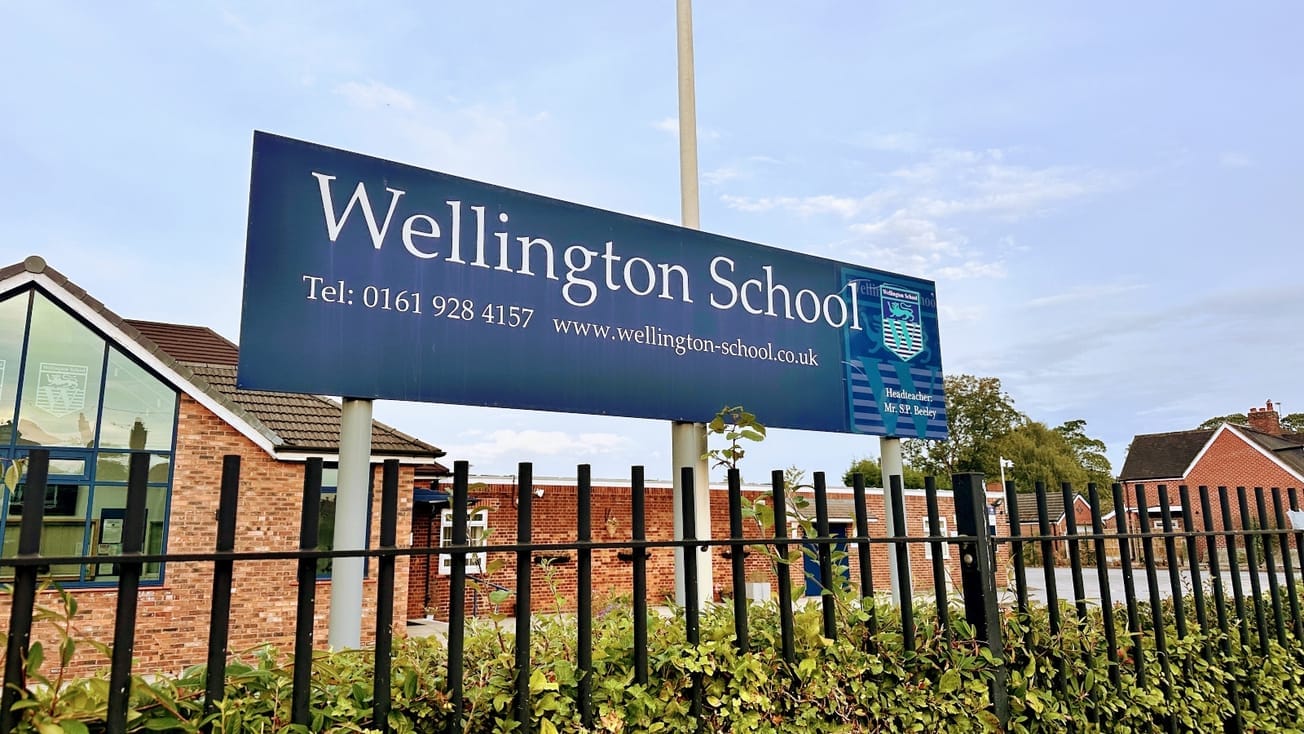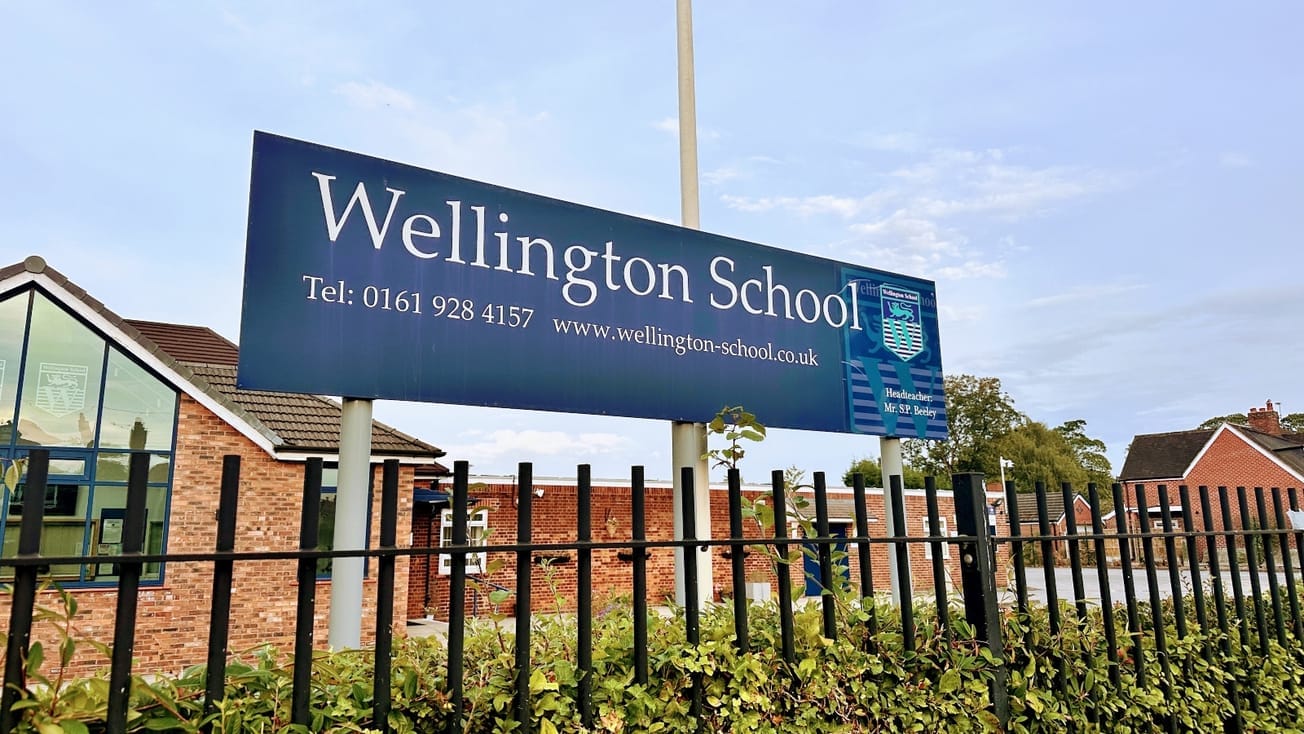Trafford Council will be allowed to raise council tax by over £120 for the average house this year in a bid to address a “structural deficit” in its finances.
The government signed off its final funding settlements for 2025/26 today and revealed that Trafford Council is one of only six authorities in England who have permission to raise council tax bills beyond 5%.
The council had requested exceptional financial support (EFS) as a means of plugging a budget gap of £12m.
The government has agreed the request for support, allowing Trafford to raise council tax by 2.5% above the 5% referendum level, resulting in a 7.49% increase in 2025/26.
Trafford has also applied for a capitalisation loan facility, with a decision due in the coming weeks.
The council tax hike means that a typical house in Trafford at the Band D level will rise by just over £120, or £2.31 a week.
The local authority maintained that even with the proposed increase, council tax in Trafford will still be the second lowest in Greater Manchester.
Councillor Tom Ross, the Leader of Trafford Council, said the council had faced “significant ongoing financial challenges” for several years.
“Historic funding deficits and increasing cost pressures and a rising need for services especially among children’s and adult social care, compounded by the many years of council tax freezes, mean it is becoming harder to deliver what our residents and businesses need while balancing our books,” he said.
“We are not alone in this, as a similar story is being repeated in other local authorities across the country.
“We have managed our finances well in recent years despite having a structural budget deficit. Since 2010 we have addressed budget gaps of over £300m. This year we must set one of our toughest ever budgets, with some difficult considerations and decisions to make.”
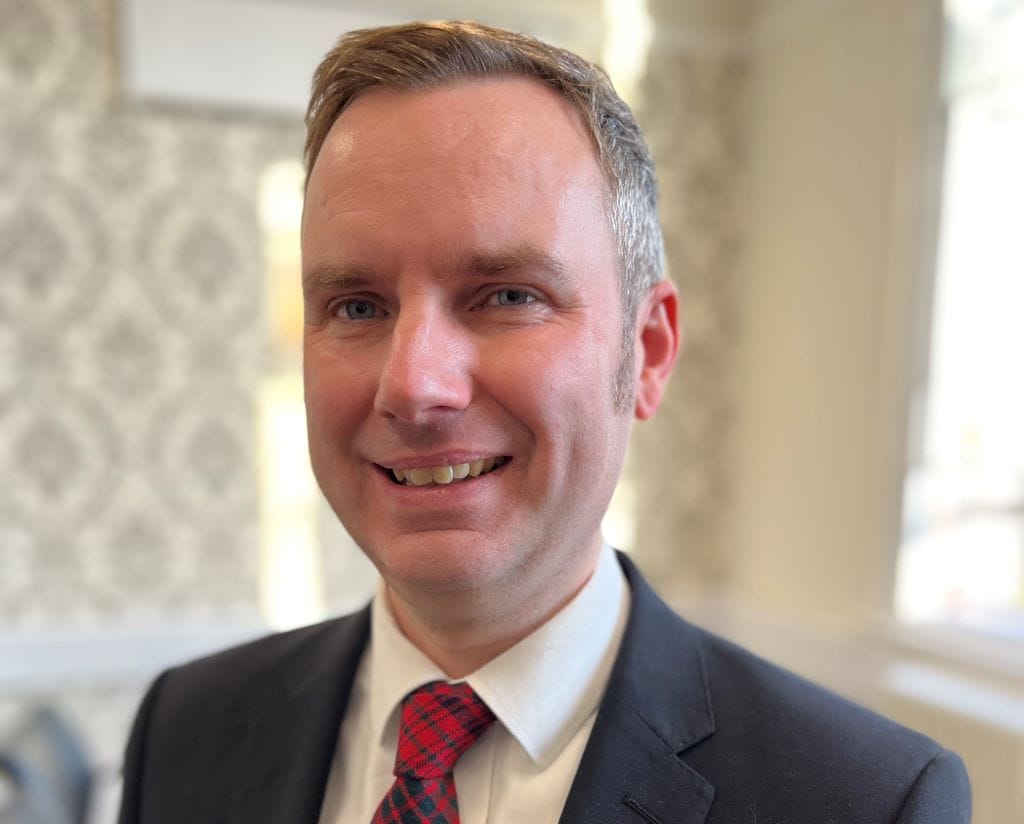
Cllr Ross said the council had not made the decision to increase council tax lightly, but that it had “no option if we are to get the council on a firmer financial footing”.
Council Tax makes up 60% of the council’s income to fund all its services.
Deputy Prime Minister Angela Rayner said the government had agreed emergency funding only for places where households had lower than average payments.
The six places alongside Trafford were Newham, Windsor, Maidenhead, Bradford and Somerset.
“These are difficult decisions that Government has not taken lightly,” Rayner said.
“We recognise the importance of limited increases in helping to prevent these councils falling further into financial distress – but we have been clear this must be balanced with the interests of taxpayers.
“We have agreed to a limited number of requests and in all cases have not agreed to the full amount requested. Where we have agreed, it is only for councils with amongst the lowest levels of council tax.”

